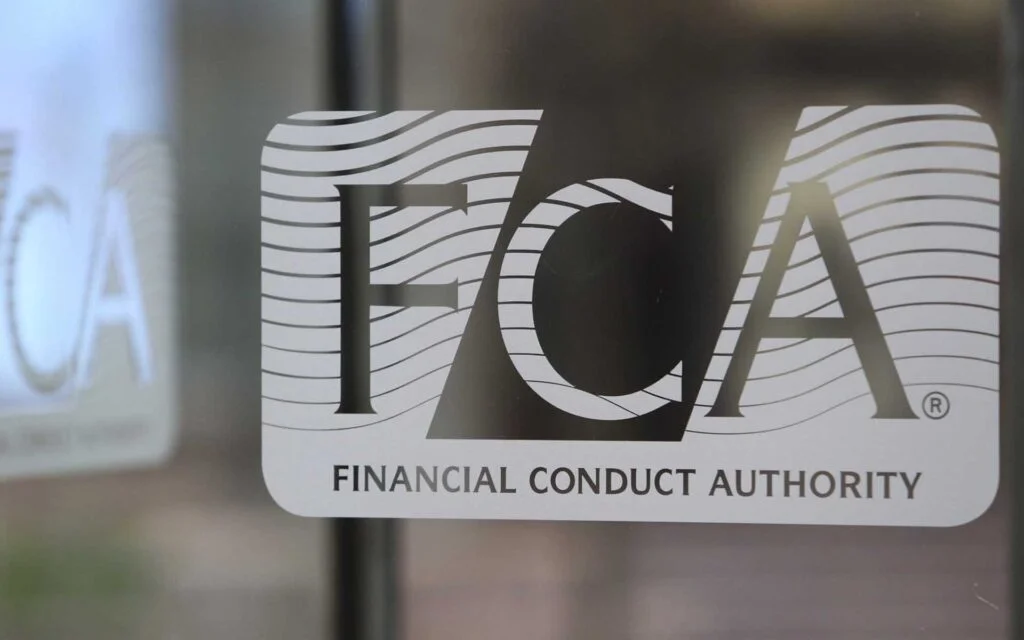After three years of operations suspension, the ePayments service is permanently ceasing operations due to its inability to adequately meet FCA regulations.

The provider of electronic payments, ePayments, is closing down all of its activities. On Tuesday, ePayments sent email notifications to customers announcing that, according to local laws, it is formally ceasing operations.
One of the biggest electronic payment service providers in the UK was the financial services company. The Financial Conduct Authority (FCA) of the United Kingdom, however, ordered it to stop operating over three years ago because of claimed flaws in its “financial crime controls.”
It was estimated that ePayments owned $149 million, or 127.5 million Great British pounds, in customer funds at the time of the initial suspension, which was momentarily unreachable.
The company blames “very challenging and unprecedented global economic conditions,” years of interrupted operations, and its inability to adequately comply with the FCA’s regulations for the company’s collapse after years of restructuring efforts.
It advises former clients to take money from their eWallets and wait for reimbursement information while reassuring them that their money is secure. Twitter users reacted to the news with a combination of relief and annoyance; one user said that his payments had been delayed in ePayments since 2020.
One person tweeted the business that his funds were still unavailable.
The U.K.’s financial regulators have been strengthening the industry’s controls as of late. In line with its new three-year strategy, the FCA hired close to 500 additional workers during the past year.
The newly established director of payments and digital assets, who will be in charge of things like the e-money, payment, and crypto-asset markets, was one of the roles filled. The former National Economic Crime Command director filled the role.
While some government regulators in the nation think the U.K. It still seems to be the case that it cannot afford to provide conflicting messages about its position on digital assets and payment services.
The problem of cryptocurrency rules has not been addressed by the freshly appointed finance minister, Kwasi Kwarteng, and Instagram crypto-related ad content has recently come under fire from advertising watchdogs.
The economic secretary, on the other hand, stated on September 7 that he intends to make the U.K. a leading choice for entrepreneurs under the new prime minister and a bitcoin hub.
